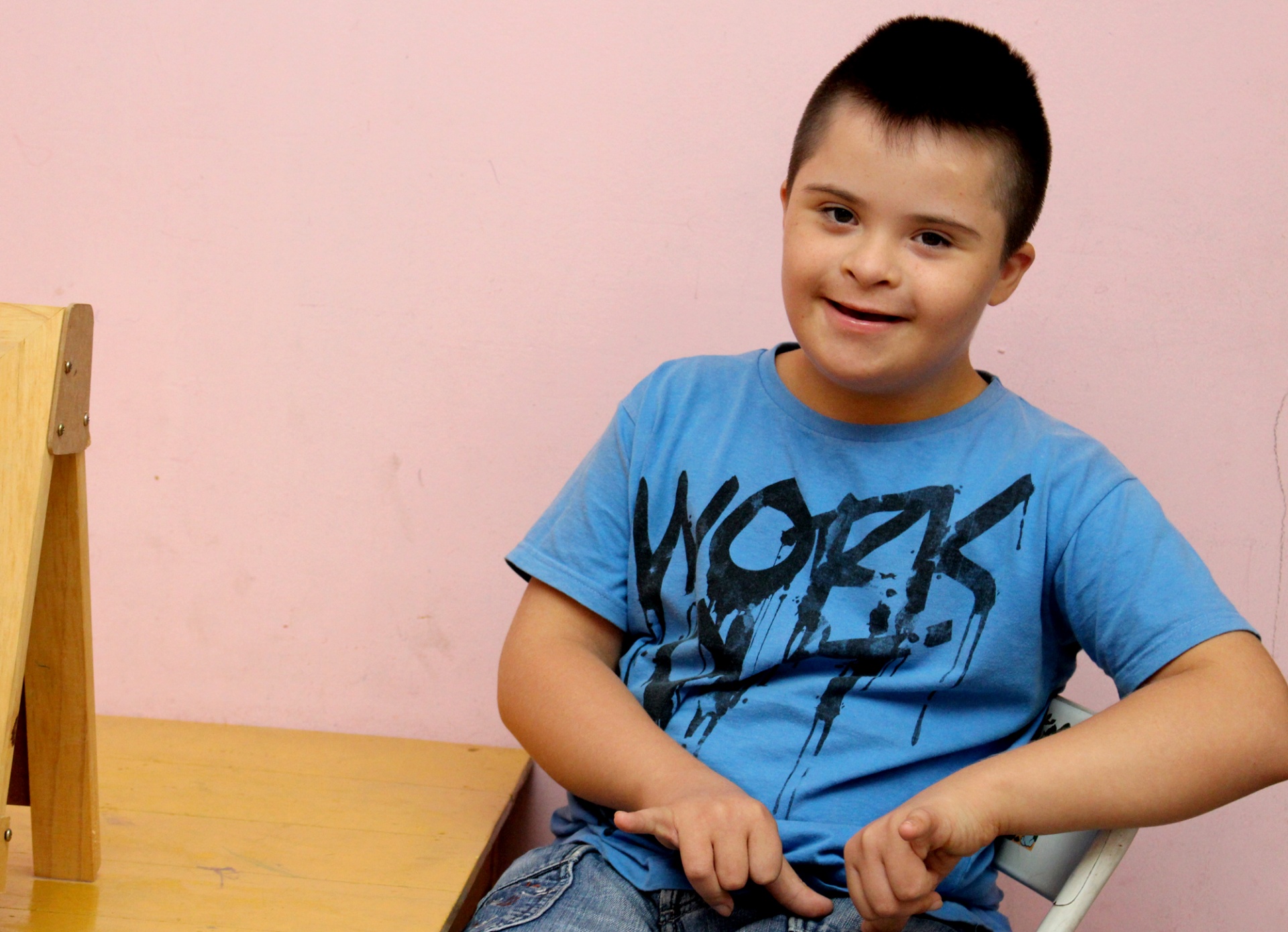Down syndrome is a genetic disorder in which affected individuals experience mild to moderate physical and mental developmental disabilities. It is the most common genetic condition, affecting roughly 6,000 births in the United States each year.

Risk Factors Associated With Down Syndrome
Some individuals have a higher risk of giving birth to a child with Down syndrome. Some of the risk factors include:
● Maternal age of 35 years and older
● Previously having a child diagnosed with Down syndrome
● Carrying a genetic translocation for Down syndrome
If you believe that you are at risk of having a child with Down syndrome, talk with your doctor or with a genetic counselor. These healthcare professionals can help you understand the risk that your child may develop Down syndrome or other chromosomal abnormalities that can affect his or her health.
How Does Down Syndrome Occur?
Down syndrome develops when an individual inherits a partial or whole extra copy of the twenty-first chromosome. The majority of Down syndrome cases, roughly 95%, occur as a result of a random error in cell division. There are two ways in which random error can cause Down syndrome:
Trisomy 21 – When Down syndrome occurs due to trisomy 21, this means that there is an extra whole copy of the twenty-first chromosome in every cell.
Mosaicism – When Down syndrome occurs due to mosaicism, there is an extra whole copy of the twenty-first chromosome in only some of the cells. Individuals with mosaic Down syndrome typically experience less severe symptoms.
There is also a small risk, roughly 4 percent, that a translocation for Down syndrome can be inherited from either the mother or the father. A translocation is when part of a chromosome in the mother or father – in this case the twenty-first chromosome – has switched places with another chromosome. The chromosome that “received” the material from the twenty-first chromosome is then inherited by the child. In translocation Down syndrome, the affected individual will have 46 chromosomes, instead of the characteristic 47 chromosomes associated with the disorder.
Can Down Syndrome Be Diagnosed Before Birth?
Due to the symptoms of Down syndrome, some couples choose to undergo prenatal screening. By seeking extra information, these couples hope to have additional time to plan necessary care for their child as well as seek emotional assistance by joining a support group.
If your doctor believes that you have a high risk of giving birth to a child with Down syndrome, he or she may recommend noninvasive prenatal genetic screening in addition to routine prenatal screenings. A noninvasive prenatal genetic screening will give your doctor information regarding the risk that your child may have Down syndrome or another chromosomal abnormality that may affect his/her health. If results of this screening test show a high risk, diagnostic testing options may be offered.
For couples who do not wish to undergo prenatal testing, Down syndrome can be diagnosed at birth by looking at the physical characteristics of your baby. In order to confirm a Down syndrome diagnosis, your doctor will obtain a blood sample from the baby in order to test his or her chromosomes.
Learn More About Down Syndrome
It’s important to note that the signs and symptoms of Down syndrome differ for each individual, as does the severity of symptoms presented. Most individuals with Down syndrome contribute to their communities and live meaningful lives. If you would like to learn more about Down syndrome, the National Down Syndrome Society provides a broad spectrum of information on the disorder.

